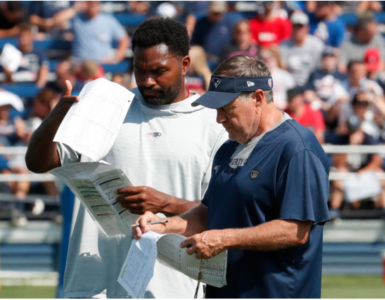With the recent passings of Cheslie Kryst and Ian Alexander Jr., these unfortunate incidents have sparked a conversation about suicides and how they should be discussed, especially on social media. Losing a loved one is tough and discussing their passing can be extremely difficult. When people pass tragically the discussion of their passing, especially on large platforms, can be triggering for some people and this is why the proper etiquette for these situations should be widely known.
First, GoodTherapy (goodtherapy.org) shared that the suicide method shouldn’t be shared because it could possibly cause a suicide contagion and no one should be stating that someone else “committed” suicide, suicide is not a crime. The better way of saying it is to say that they died by suicide. Then, only share that suicide is the cause of death if it is relevant to the story or if the family insists on sharing that information. Additionally, the National Alliance on Mental Illness (NAMI) stated that if the deceased left a note, don’t disclose what was in or call it a “suicide” note. NAMI also shared that in stories where one is sharing that a cause of death is a suicide, don’t disclose that it was a suicide in the headline.
However, it would be okay to wrap the story up with the suicide hotline and warning signs for someone who may be contemplating dying by suicide. There will be real people who have to read these stories and they could possibly be battling with issues that have made them contemplate suicide, so it would be helpful to provide them with resources that could help them. Overall, death is difficult and grieving is strenuous, so the least journalists and the public can do is honor the deceased in the way they speak on them.
“There will be real people who have to read these stories…”
If you or someone you know is struggling, please call 800-273-8255










Recent Comments